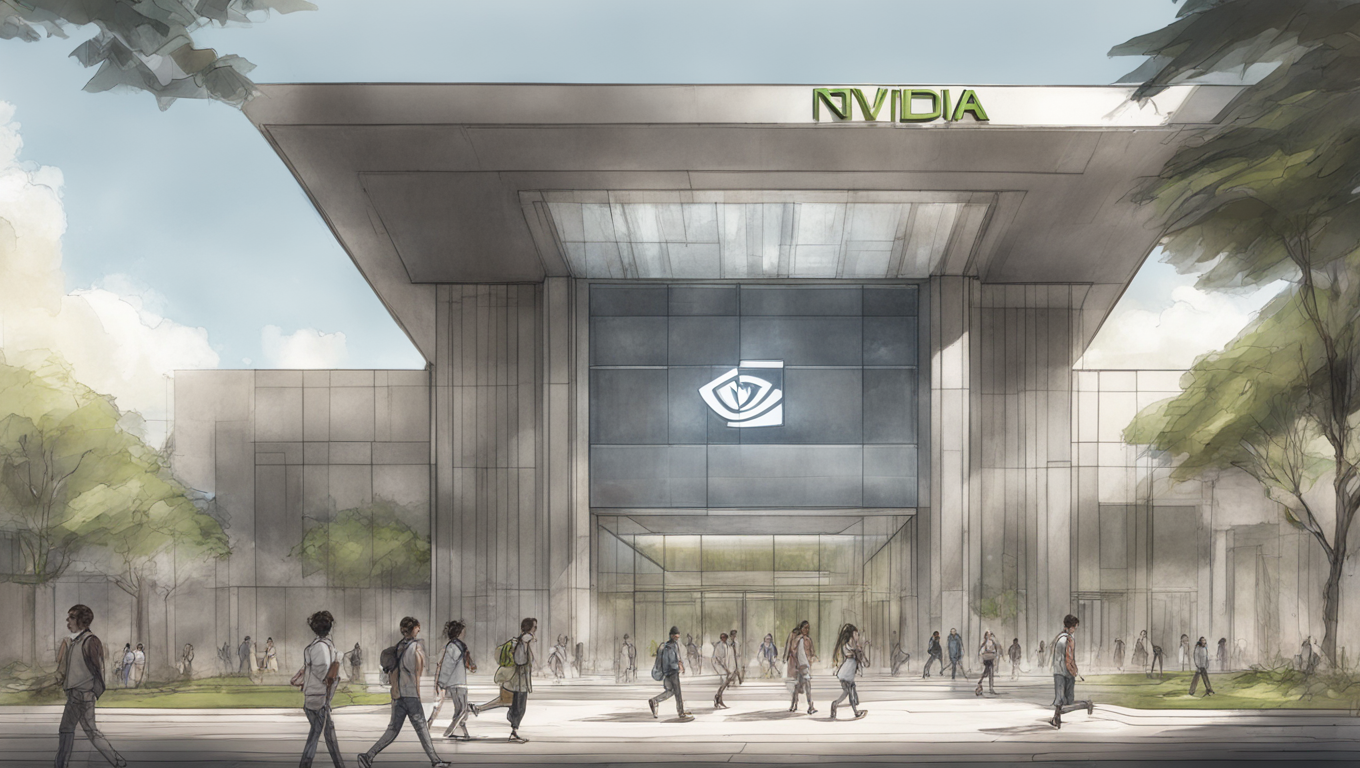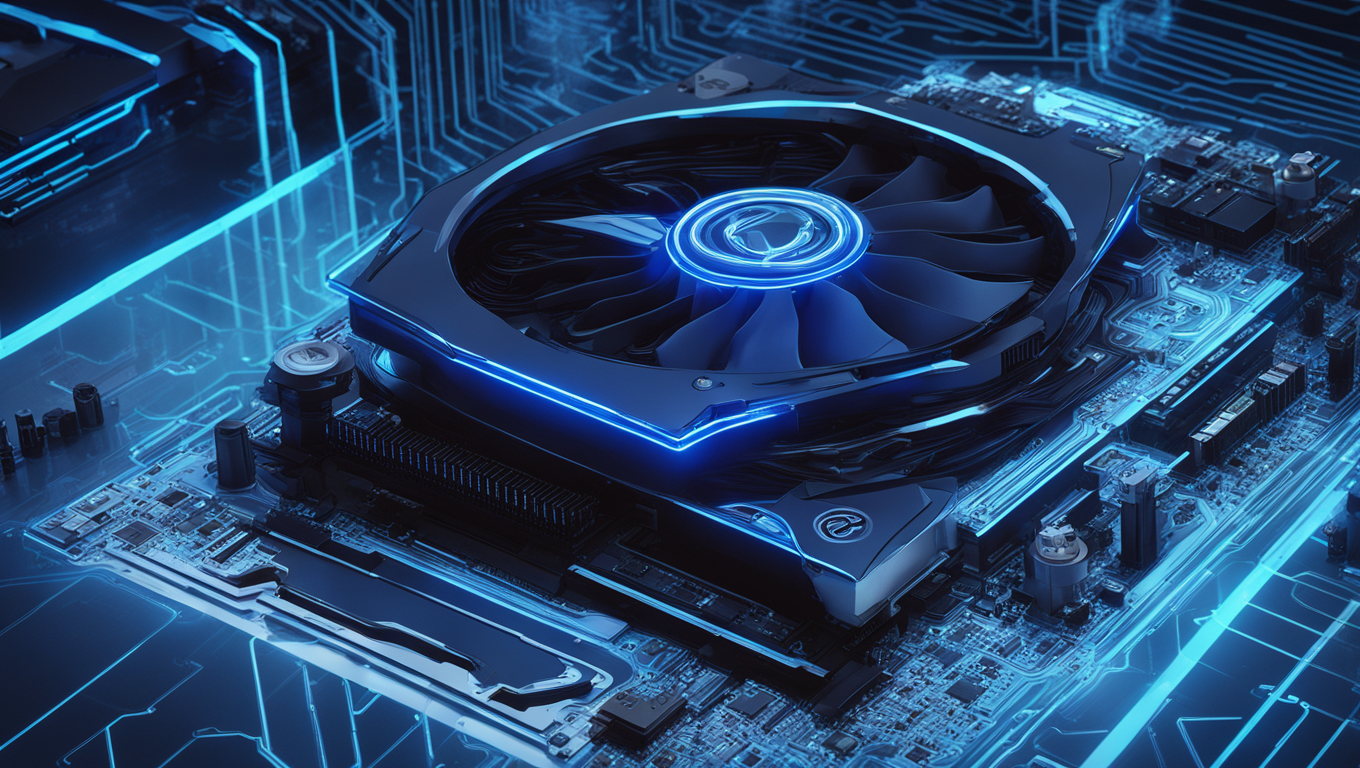Chinese Entities Defy US Ban to Acquire Nvidia AI Chips
In a clear act of defiance against a US ban, Chinese universities and research institutes have managed to acquire high-end Nvidia artificial intelligence (AI) chips through resellers. This is despite the ban, which was widened last year, specifically targeting the sale of such technology to China. A review of hundreds of tender documents by Reuters revealed that 10 Chinese entities managed to acquire advanced Nvidia chips through server products made by Super Micro Computer, Dell Technologies, and Taiwan’s Gigabyte Technology. The tenders were fulfilled between November 20 and February 28, after the US government expanded export restrictions on semiconductors.
The US ban prohibits Nvidia and its partners from directly selling advanced semiconductors to China and extends to sales made via third parties. However, the sale and purchase of these chips are not illegal in mainland China. The 11 sellers of the Nvidia chips were lesser-known Chinese retailers. Nvidia has suggested that the tenders were fulfilled with products that were exported and widely available before the restrictions were imposed. They maintained that none of their partners violated export control rules and that the products sold accounted for a negligible fraction of their worldwide sales.
The servers containing the Nvidia chips were procured by several Chinese entities, including the Chinese Academy of Sciences, the Shandong Artificial Intelligence Institute, and a state-run space science center. The sellers and buyers have not responded to requests for comments from Reuters. It is suspected that some of the Nvidia chips could have been diverted to China without the manufacturer’s knowledge, highlighting the lack of visibility into downstream supply chains. Legal experts suggest that if the manufacturer had conducted sufficient due diligence, it would be challenging for the US government to take enforcement action.
The US Commerce Department, meanwhile, has assured that it monitors diversions of restricted chips and investigates potential breaches. Officials have stated that they will investigate credible allegations of violations, including through the use of shell companies. Nvidia has emphasized that systems built with their graphics processing units must comply with US export control rules.
Super Micro has stated that it complies with US requirements on the sale and export of GPU systems. They have emphasized that they investigate any potential breaches and take appropriate action. Similarly, Dell has stated that they have found no evidence of shipping products configured with the restricted Nvidia chips to the entities listed in the tenders.
Gigabyte, on the other hand, has not responded to questions regarding tenders that identified their products as sources of banned Nvidia chips. Taiwan’s Ministry of Economic Affairs has said that Taiwanese companies are expected to respect US export controls.
The transactions identified in the tenders show that China still has access to advanced chips with military applications. The chips can be used for training models and conducting advanced research related to AI and military technology. The tenders ranged in value from 71,500 yuan to 1.86 million yuan and did not specify the intended uses. Chinese law requires procuring agencies to check that a supplier can fulfill the tender before announcing them as winners.





Use the share button below if you liked it.